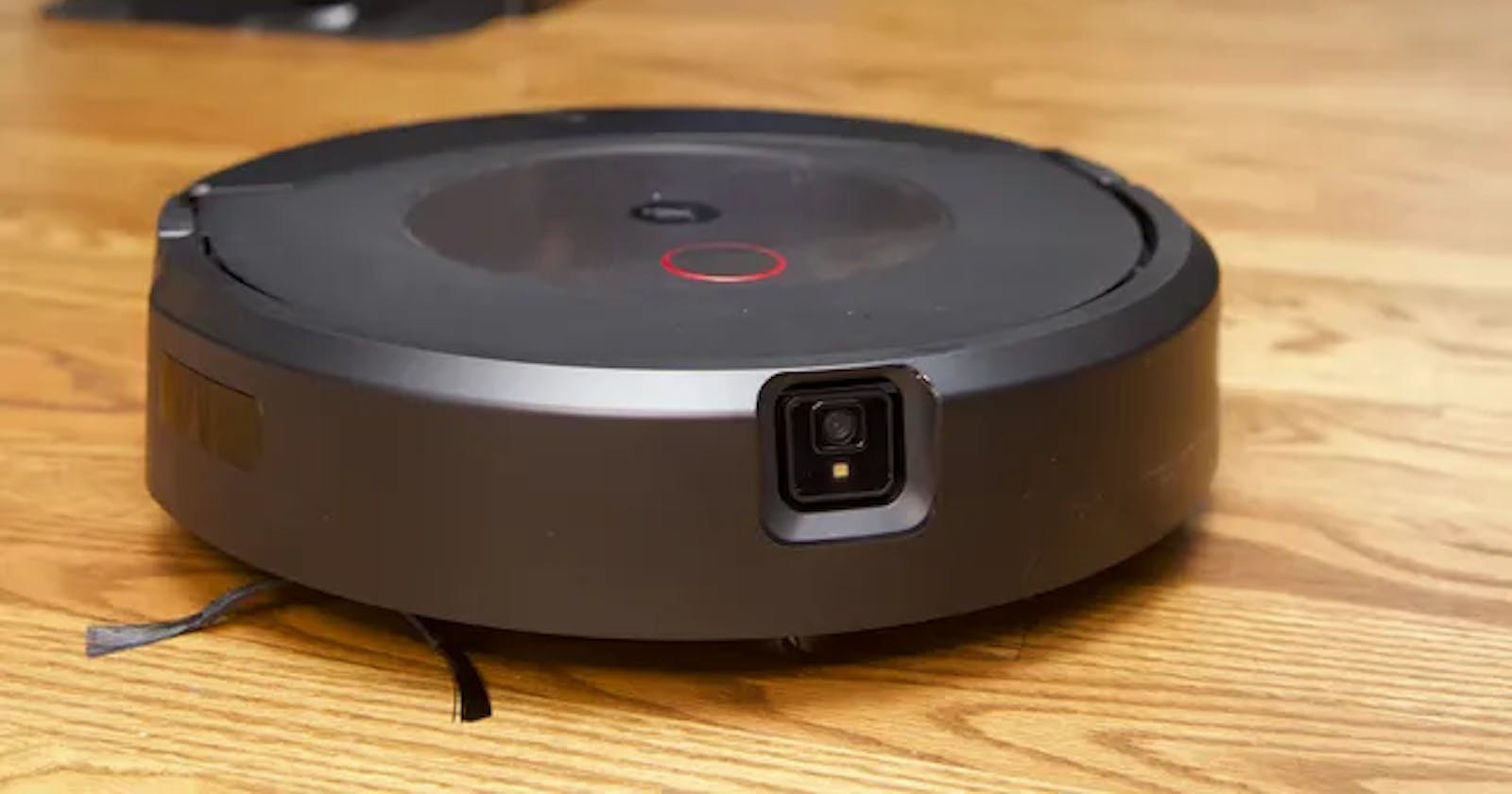iRobot loses market share to Chinese competitors, after Amazon drops buyout. The company struggles in robot vacuum sector since 2014.
Amazon's decision to abandon its deal with iRobot due to regulatory issues may be a win for privacy advocates, but it could be a death knell for the Roomba robot vacuum as we know it.
iRobot's market share has been steadily eroding since 2014, with Chinese companies like Ecovacs, Anker, Roborock, and Dreame Technology bursting onto the global market with cheaper, flashier options.
iRobot's dominant market share dropped from 64 percent in 2016 to 46 percent in 2020, and the company is struggling to compete in today's insanely competitive robot vacuum market.
iRobot's decision not to pivot to lidar from vSLAM (visual simultaneous localization and mapping) when the technology became more affordable and its slow adoption of the popular combination mopping and vacuuming model put it on the back foot.
iRobot's competitors are racing ahead, regularly launching new models at multiple price points with new features, while iRobot is hurting for cash and with its founder Angle out, the money men are coming in.
iRobot's revenue dropped, and the company experienced a catastrophic tumble as revenue dropped. The 2022 net loss has been compounded, and iRobot is estimating an operating loss of up to $285 million in 2023.
iRobot's plan includes cutting a third of its staff, shutting down offices, and reducing research and development by $20 million year over year through offshoring non-core engineering functions.
Without substantive R&D, innovative new products, and building on its (comparatively) excellent software, Roomba could quickly become an also-ran as Chinese companies move in and hoover up more market share.
